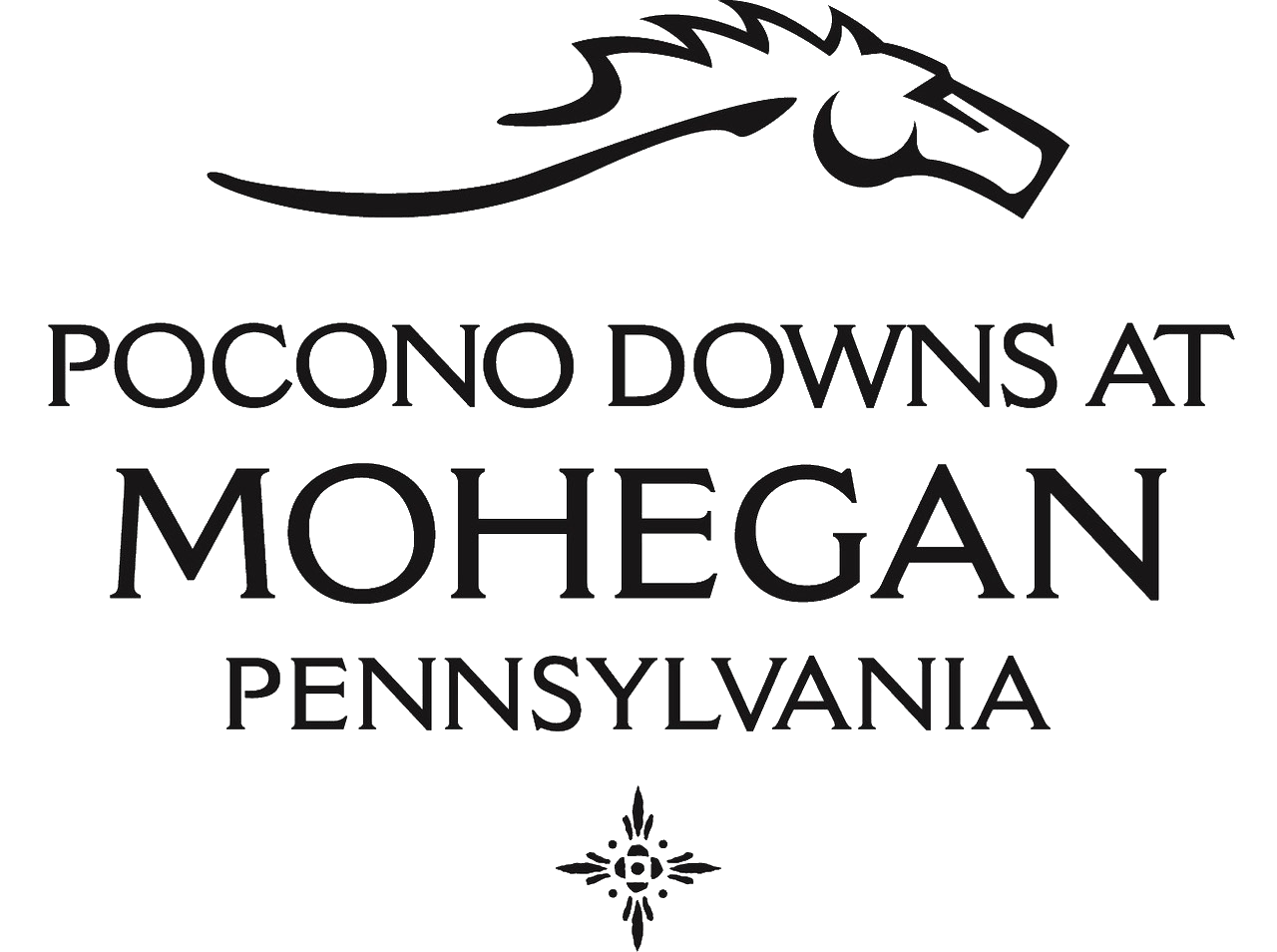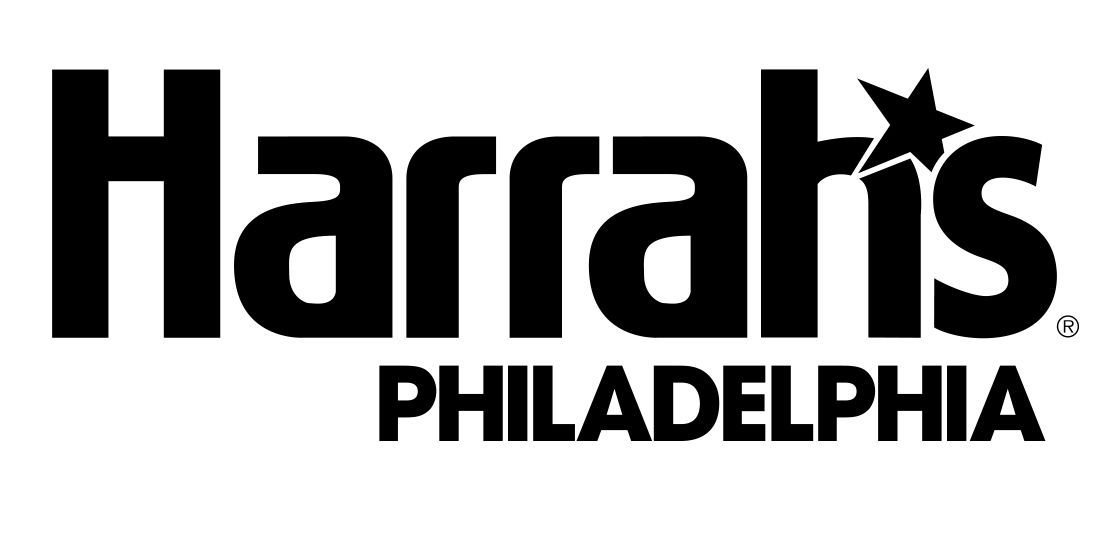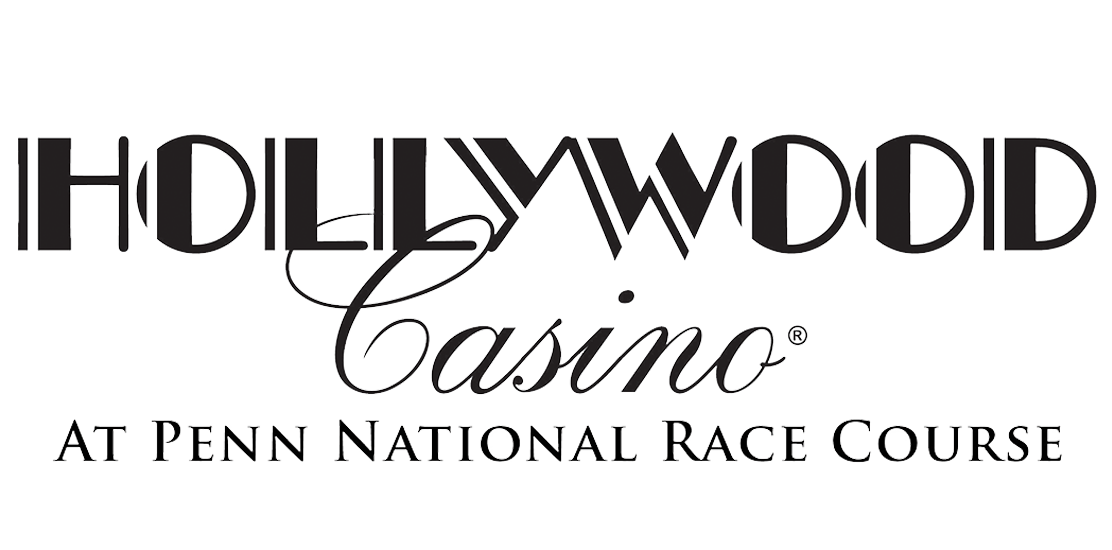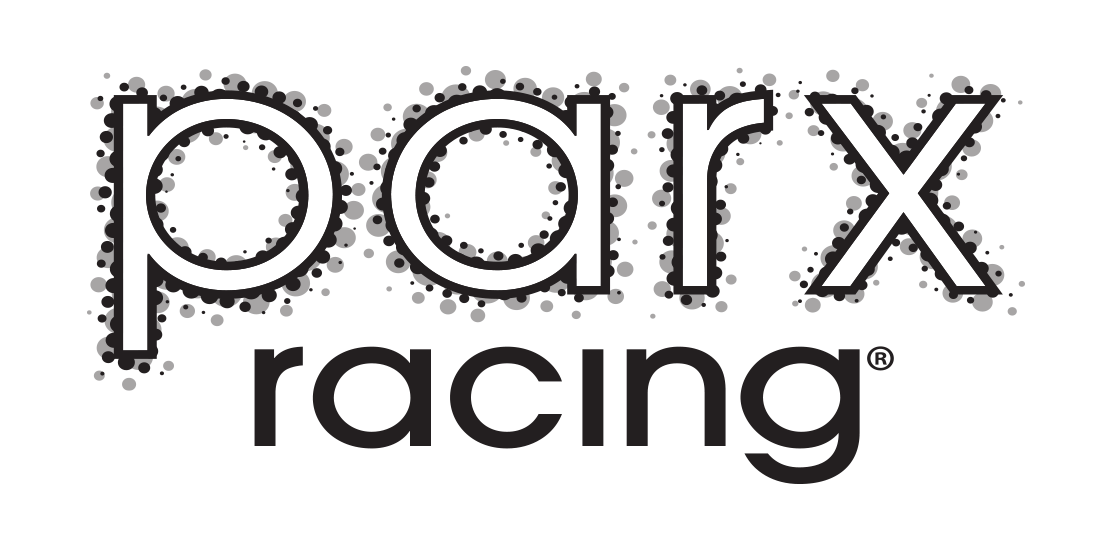Horse racing was in a slump. Declining attendance, competition from expanded and new forms of wagering, lotteries, riverboat gambling, and negative publicity drove the popularity of horse racing to new lows. Race tracks struggled to survive, but the 1990’s began an expansion of gambling opportunities to help revive the industry. OTB, phone wagering, and simulcasting were introduced in the state, but it wasn’t until 2004 when slots were legalized in Pennsylvania that horse racing received its biggest boost. The horse racing industry was reinvented, and the racino was born.
In 1990, Philadelphia Park was bought by Greenwood Racing, founded by British bookmakers Bob Green and Bill Hogwood. They added full card simulcasting and built five Turf Clubs in the Philadelphia area where people could bet on horse racing without traveling to a race track. Initially, these off-track betting facilities added revenue, but they ultimately hurt on-track attendance.
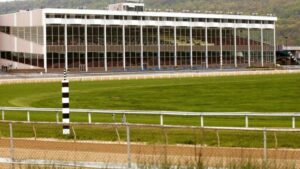
The three remaining tracks, The Meadows, Penn National, and Pocono Downs, each added their own off-track wagering locations which boosted their profits and increased purses for the horsemen. The Meadows offered year round harness racing that included its premier event named after the tracks founder, Delvin Miller and his famous stallion, the Delvin Miller Adios Pace.
Penn National’s profits grew, and in 1994, Penn National Gaming went public, trading on the NASDAQ. The company expanded and bought Pocono Downs in Wilkes-Barre, Pennsylvania and acquired racetracks and casinos in other states. Racing attendance dropped, but the yearly Pennsylvania Governor’s Cup on the turf at Penn National, a graded stakes event, attracted top quality horses and jockeys from across the country like the 1996 winner, Da Hoss, trained by Michael Dickinson.
Pocono Downs survived the 1990’s and early 2000’s, but rock-bottom purses and low attendance led to alleged corruption, scandal, and disrepair. The track changed hands several times and management worked to overcome its dubious reputation. Finally, in 2004, after horsemen lobbied for years to legalize slots, Governor Rendell passed the Pennsylvania Racehorse Development and Gaming Act that revived the horse racing industry.
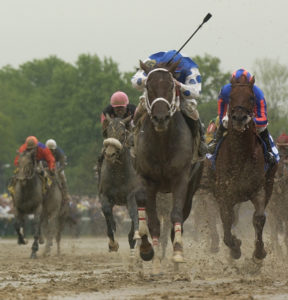
In 2004, Pennsylvania racing was energized thanks to a Pennsylvania-bred chestnut colt stabled at Philadelphia Park named Smarty Jones. Born in Chester County and owned by Roy and Pat Chapman, Smarty captured the hearts of local Philadelphians leading up to the Kentucky Derby. Smarty Jones won his first race as a 2 year old at Philadelphia Park in 2003, and he won his next race, the Pennsylvania Nursery Stakes at Philadelphia Park by 15 lengths.
Smarty’s trainer, John Servis picked a race in New York for Smarty’s debut as a three year old. He won that race and was off to Arkansas for the winter. After winning three major stakes races in Arkansas, Smarty Jones headed to the Kentucky Derby. He was nicknamed “America’s horse” and attracted thousands of fans nationally. Smarty won the 2004 Kentucky Derby being the first unbeaten horse since Seattle Slew in 1977. After the Derby, he headed home to Pennsylvania before traveling to Baltimore for the second leg of the Triple Crown, the Preakness Stakes. His arrival at Philadelphia sparked excitement and hope for a new Triple Crown winner. He was a local hero and received thousands of fan letters from all over the country and was pictured on the cover of Sports Illustrated magazine. Even the governor got caught up in “Smarty Jones fever.” A sports fan, Governor Rendell attended the Preakness and cheered Smarty on as he won by over eleven lengths.
After the Preakness, the media descended on Philadelphia Park where Smarty rested and trained before the final race of the Triple Crown, the Belmont Stakes. Almost ten thousand fans waited in line one morning to watch Smarty gallop around the track. Men, women, children, reporters, T.V. cameramen, and photographers packed into the track to catch a glimpse of the superstar. Because of Smarty Jones, horse racing and Philadelphia Park were in the limelight. Television helicopters hovered over the track as Smarty loaded into a horse van for his ride to Belmont Park. Police escorted him to New York and fans waved, clapped, and held signs as he passed by. The Belmont attracted the largest crowd ever to watch a sporting event in New York. Wagering and T.V. ratings broke records as cheering fans watched Smarty turn for home. However, silence fell on the crowd when Birdstone inched closer and passed Smarty in the stretch crushing their dreams of a Triple Crown winner.
Smarty Jones returned home to Philadelphia Park and never raced again. Due to chronic bruising in his ankles, the decision was made by the owners and trainer to retire Smarty to stud. Philadelphia Park went back to normal, but Smarty Jones’ popularity, racing success, and fame were pivotal elements in the legalization of slots in Pennsylvania. In July 2004, at a ceremony at Philadelphia Park, Governor Rendell signed Act 71 which expanded gambling in the state, providing funding to the race horse industry resulting in two new race tracks, improvements for existing tracks, and more money for purses and breeder’s awards.
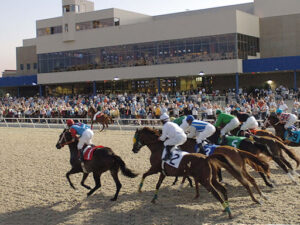
A new thoroughbred track, Presque Isle Downs Casino near Erie, Pennsylvania opened for racing in 2007. The racino, a combination race track/ casino was the first track in the U.S. paved with a synthetic surface called Tapeta. The footing consists of a mixture of sand, rubber, and fiber with a wax coating which is easier on horses’ legs and safer. Presque Isle is statistically one of the safest tracks in the country. The premiere event at the track is the Grade II Presque Isle Downs Masters Stakes for fillies and mares which draws top horses from around the country, some of which continue to the Breeders’ Cup.
The other new racino built after the legalization of slots, Harrah’s Philadelphia Casino and Racetrack, located in Chester, opened in September 2006 for harness racing. Built next to the Delaware River, its “miracle turn” extends over the water. Their signature race is the Battle of the Brandywine which was originally held at the old Brandywine Race Track. All horses ship in to race as there is no permanent stabling.
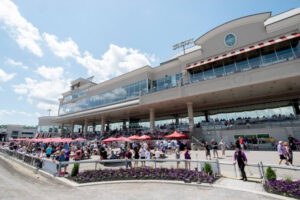
The four original race tracks underwent renovations and repairs and have since opened as racinos. Higher purses and breeder’s awards have improved the quality of racing at all tracks. Hollywood Casino at Penn National Race Course added the Grade II Penn Mile on the turf which is now their only graded stakes race. Major improvements were made to The Downs at Mohegan Sun Pocono owned by the Mohegan Tribal Gaming Authority of Connecticut. They rebuilt their barn area, built a new paddock and infield and raised purses to attract high caliber horses and top drivers. The track is home of the Max Hempt Memorial Pace, and the red track surface has the reputation of being one of the best in the country. The Meadows, also now a racino, still features the prestigious Delvin Miller Adios Pace for the Orchids which is part of the Grand Circuit week, and lastly, Parx Racing at Parx Casino, the largest casino gaming complex in Pennsylvania, is home to Pennsylvania’s top two racing events.

The annual Pennsylvania Derby and Cotillion stakes, both grade I races with $1 million dollar purses, held at Parx Racing at Parx Casino draws some of the best horses and famous trainers and jockeys from around the country to compete in the rich events. The Cotillion, the oldest race, has been run since 1969 at Liberty Bell. “Liberty Bell was a wonderful place and it was a great time in the sport. I galloped horses there, and I trained. I trained at Keystone, Philadelphia Park and Parx, so I’ve been here since the beginning of racing in the state. I was involved with all aspects of horses, and I was in the Philadelphia Mounted Police. Racing was on life support for awhile, but I still think there’s a passion for it,” remembered trainer Ralph Riviezzo. He added, “there’s competition for the entertainment dollar. Horse racing is about a partnership between a magnificent animal and a human. In a casino, you can lose all your money before you finish your cup of coffee, but at the track, you focus on the animal, and there is a skill to handicapping. Horse racing is more of a family event than a casino is, and hopefully the sport will thrive.”
